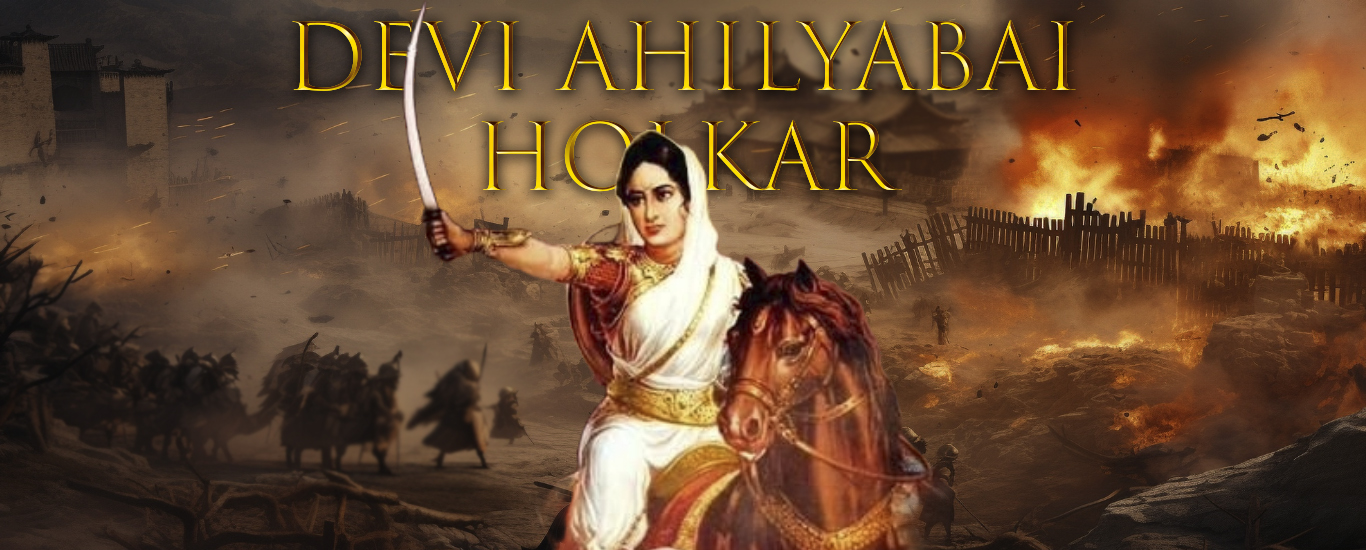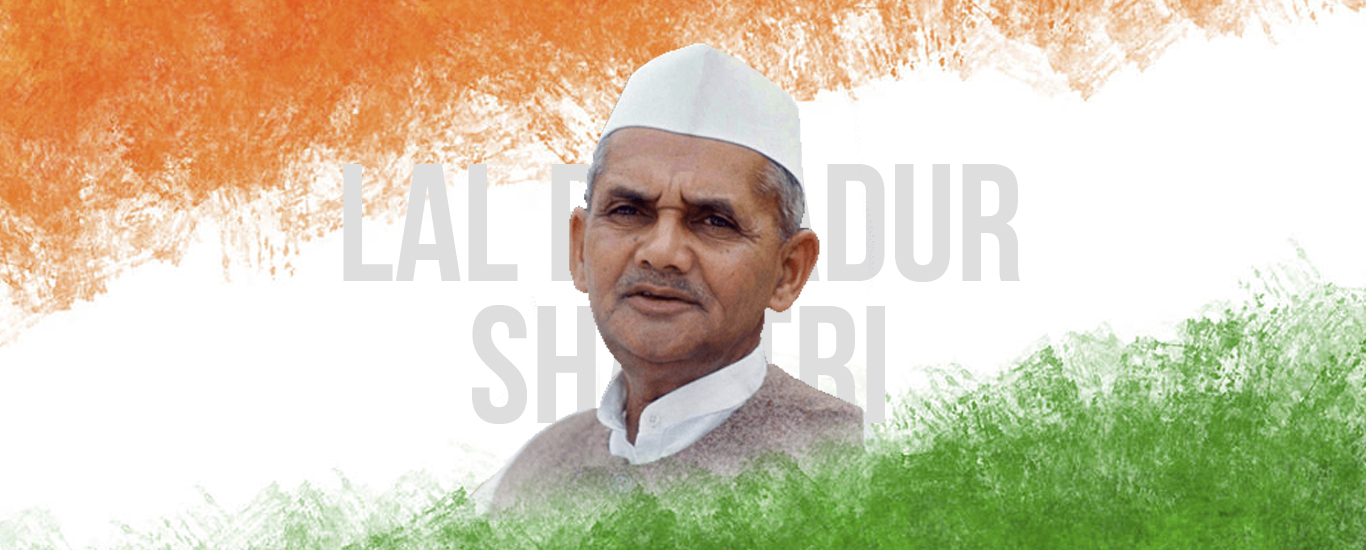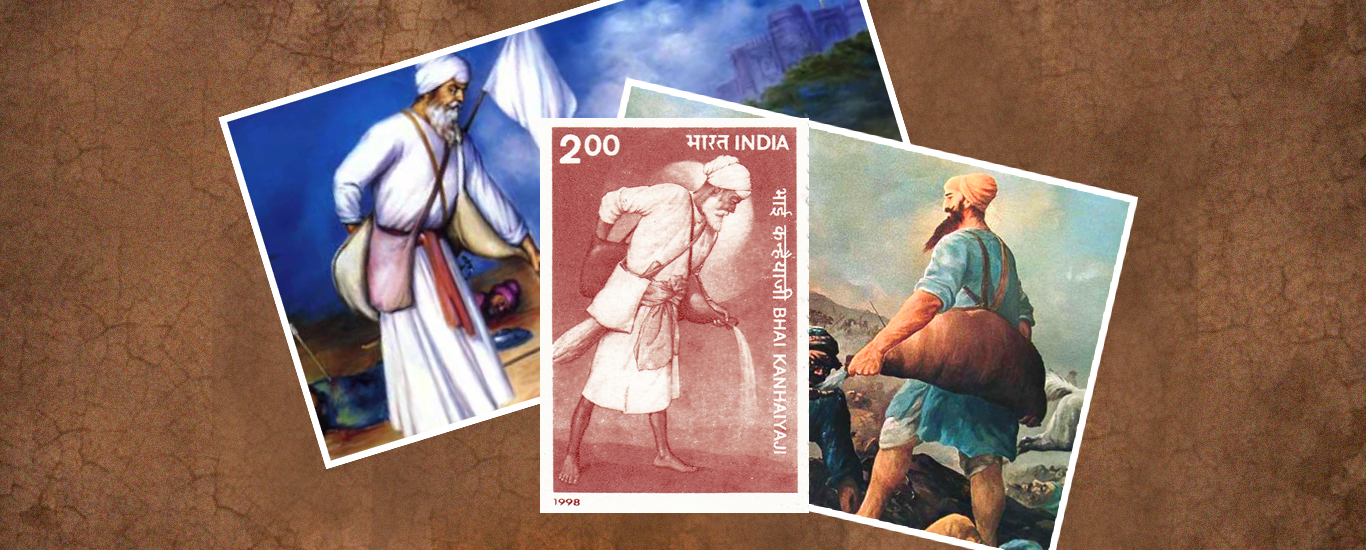Life story of Soli Sorabjee | The remarkable life in Law, Press freedom &Humanity
Former Attorney General, India Jurist, recipient of Padma Vibhushan and an enthusiast in jazz, Soli Jehangir Sorabjee. He was born to a Parsi family in Mumbai on 9 March 1930.
He is considered as a legend. Soli Jehangir Sorabjee is certainly one among the all-time great men. The 91 year old veteran lawyer passed away after his battle against COVID-19 on 30 April 2021. Sorabjee was hospitalized in South Delhi.
Tributes poured in from across the country, numerous personalities came up with condolences through social media.
Prime Minister Narendra Modi called him an outstanding lawyer and intellectual. “Through law, he was at the forefront of helping the poor and downtrodden. He will be remembered for his noteworthy tenures (as) India’s attorney general. Saddened by his demise. Condolences to his family and admirers.”
President Ram Nath Kovind said India has lost an “icon of its legal system”, and Vice-President M. Venkaiah Naidu described him as a “champion of human rights [who] brought international repute to India”.
Chief Justice of India N.V. Ramana issued a statement paying homage to Sorabjee. “I am deeply saddened to learn about the passing of Shri Soli Jehangir Sorabjee, former attorney general of India. In his nearly 68-year-long association with judicial world, he made immeasurable contribution in enriching the global jurisprudence of human rights and fundamental rights.”
The CJI, in his message said, “He will be remembered as a legend who added strength to the pillars of democracy.”
Law Minister Shakar Prasad said the sad demise of Sorabjee is indeed end of an era in the legal and judicial history of India.
Early Life
He had no siblings and was the only child of his parents, aristocratic and wealthy. Ardeshir Palkhivala, father of Nani Palkhivala’s and his uncle had built a palanquin for Hormusjee Sorabjee, Soli’s grandfather. Soli was a pampered kid but not a spoilt one. As he said his passion towards books were his constant companion and began at a very young age and continued throughout. He studied at St Xavier’s in the city graduating in economics. Later he joined the Government Law College Mumbai. He gained gold medal in Roman law and jurisprudence from government Law College.
Career
He was admitted to the bar in 1953 and designated as a senior advocate of the Bombay high court in 1971. Sorabjee was born in a rich business family, but he was not interested in a commercial career. He diverged more in English literature and poetry, and he could recite the verses of the great English poets, often spouting a quote to support his argument. He had an entertaining sense of humour and was a great mimic.
Cases
Sorabjee, who took the path of his mentor Nani Palkhivala, made a significant contribution. In his distinguished legal career Sorabjee was engaged in some of the biggest constitutional law cases in Indian history. In 1973 the landmark Kesavananda Bharati case was included as well as the Maneka Gandhi case. The Maneka Gandhi passport case of 1979 where the courts held that a person’s fundamental right demands that he or she cannot be denied a passport without laying a reason was stated when Sorabjee was Additional Solicitor General. It extended the scope of Article 21 of the constitution, the right to life and personal liberty.
He also got included in 1994 SR Bommai case which is consistently used to address questions about state government formation. This sentence has come to be the litmus test for assessing the constitutionality of Article 356. He also appeared in the case of B.P. Singhal v. Union of India, in which the Supreme Court held that state governors could not be fired without due cause.
He was a fellow of the Citizen’s Justice Committee of 1984 anti-Sikh riots victims whom he depicted pro bono.
He has appeared in the Prakash Singh case in which the SC directed the Centre to appoint the National Police Commission and paved the way for key police reforms.
From 1977 to 1980, he served as the Solicitor General of India. Sorabjee served as the Attorney General from December 1989 to December 1990 and then again from 1998 to 2004. Sorabjee, for his defence of freedom of expression and protection of human rights became the recipient of Padma Vibhushan in March 2002. He was also honored with Justice K. S. Hegde Foundation Award in April 2006.
Sorabjee was chosen as a special rapporteur on human rights in Nigeria In 1997. Later he became a member of the UN Sub Commission on the Promotion and Protection of Human Rights, and from 1998 to 2004, he went on to chair the commission. From 2000 to 2006, he also served as a member of the Permanent Court of Arbitration at The Hague.
Jazz as Sorabjee would say, was his first love
At the young age of 12 he began developing a passion for jazz. He went on to become the patron of the music genre in India. Sorabjee eventually headed Jass India’s Delhi chapter. He was passionate about it primarily because, as he once explained, jazz represents free speech and expression, its essence being improvisation, an important element of Soli’s advocacy too.
The Attorney general also adored playing the clarinet, piano as well as saxophone. He started life as a classical music lover, but by mistake the salesman at Bombay’s iconic Rhythm House sent him a record of Benny Goodman instead of the Brahms Hungarian Rhapsodies that he had ordered. He found the different notes interesting, and slowly grew an enduring passion for jazz. For many years he became the president of the Delhi Jazz Association. During his birthday dinners, we can see a very varied set of people from many different walks of life.
Soli was profoundly fascinated in horse racing. His father owned and raced horses, so from a very young age he was introduced to it. There was a picture of young Soli, wearing a full suit leading a winning horse owned by his father. It was not odd for him to assess both judges and opposing counsel in racing terms. The best were put in Part I and the worst in Part V B. He was an exceptional raconteur and had a mind blowing capacity for mimicry.
Sorabjee got married to Zena, a committed Bahai social worker. His daughter Zia Mody, head of AZB the leading legal firm, his son Hormazd, who edits a popular auto magazine, and another son Jehangir, who is a leading doctor. Zia Mody is the writer of the book 10 Judgements that Changed India.
Sorabjee and his Writings
He is a creative writer on the matters of protection of human rights, sustaining constitutional law and freedom of speech and expression. Sorabjee has numerous publications to his credit. Soli Sorabjee has also been a regular contributor to Indian newspapers like Indian Express.
Mr. Sorabjee was a keen reader of the essays. He thought that it suited his style.
“The soul of a journey is liberty, perfect liberty, to think, feel, do just as one pleases… We go a journey chiefly to be free of all impediments and of all inconveniences,” one of his favourite essayists, William Hazlitt wrote On Going a Journey.
Books
- The Laws of Press Censorship in India (1976)
- The Emergency, Censorship and the Press in India, 1975-77 (1977)
- Law and Justice (2004)
Essays
- Fundamental Rights as published in “Public Law of India” (1979)
- The Constitution and the Governor
- Protection of Human Rights in Emergencies
- Equity in the United States and India published in “Constitutionalism and Rights” (1990)
Articles
- Obliging Government to Control Itself; Recent Development in Indian Administrative Law, Spring 1994 issue of “Public Law”
- Freedom of Expression and Censorship: Some Aspects of the Indian Experience, Winter 1994 issue of Northern Ireland Legal Quarterly
- Freedom of Expression, Commonwealth Law Journal Bulletin (1994)
He did not leave any memoirs or autobiography just as his mentor Nani Palkhivala with whom Soli also thought that autobiographies may hurt the feelings of some and hence they are best avoided. As Daphtary remarked, ‘the unwritten autobiographies are the best.’
In his condolence, CJI Justice N.V. Ramana said: “Shri Soli J. Sorabjee served the office of Attorney General of India twice with great distinction. His humane and compassionate approach defined his legal work. His body of work, spread over nearly seven decades, in defending the fundamental rights and human rights is of international repute. He will be remembered as a legend who added strength to the pillars of democracy. I pay my deep respect to the departed soul. Condolences to the family, friends and fans.”
Sorabjee was secular, staunchly liberal and an outspoken person. Sorabjee was a warm, polite, intellectual practitioner of the law of a distinct era where facts and the interpretation of the statutes were the leading considerations. He was an outstanding lawyer and intellectual. With law, he became the spearhead of helping the poor and downtrodden. Soli Sorabjee will be remembered for his noteworthy tenures.



